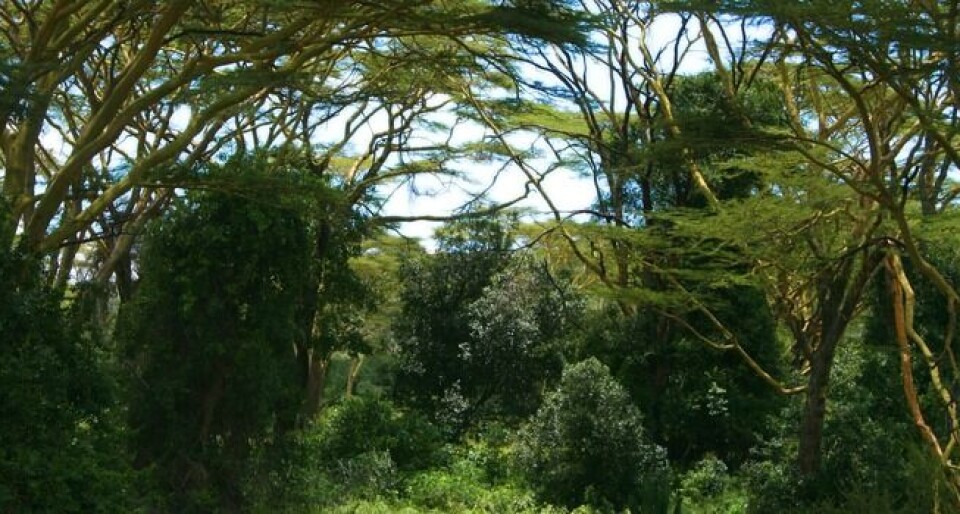When President Ruto lifted the ban on 2 July, saw millers took immediate advantage and started harvesting mature forest trees on a large scale despite protests from environmentalists that this would affect the forests’ ecosystem.
The resistance to unabated logging went unheeded for four weeks until 1 August when Justice Oscar Angote reversed the president’s order and restored the moratorium banning tree harvesting that has been in place since 2018, following a petition by the Law Society of Kenya (LSK).
“An order is hereby issued restraining the government and its agents from licensing, permitting or allowing exploiting forest resources. The order stops implementation of the policy directive by the president lifting the ban on logging imposed in 2018,” the judge ruled.
Justice Angote further suspended the re-introduction of farming activities within the forests and stopped government agencies from issuing logging licences and permits to saw millers until 14 August when the suit will be heard inter partes.
The decision to lift the logging ban and the subsequent court order elicited mixed reactions among stakeholders who argued that there is need to strike a balance between economic gains from logging and the consequences of environmental degradation.
According to Brenda Makena and Mugambi Njuki of Gikera and Vadgama Advocates (GVA), lifting the logging ban carried significant implications with regard to financial gains, political debates and climate considerations.
“While the logging industry has economic benefits, striking a balance between development and environmental preservation is crucial. Kenya must continue its efforts to meet the UN’s forest cover recommendations and ensure sustainable logging practices to safeguard its natural heritage,” the lawyers said.
Makena and Njuki stated that although the logging industry is a contributor to Kenya's economy through job creation and boosts revenue, the ban on logging played a role in improving the forest cover and development of other sectors like tourism and ecological services.
“The logging industry must now strike a balance between economic gains and preserving the environment to ensure long-term sustainability. The court ruling suspending the government directive highlights the tension between the need for economic growth and environmental conservation,” they said.
In their suit filed through lawyer Kennedy Waweru, LSK argued that the president’s directive lifting the logging ban was issued without scientific reasons, research, policy directives, specific environmental assessment impact or public participation.
He added that the constitution provides that the decisions of the president ought to be in writing, but that was not done, opening a chance for abuse, uncertainty and exploitation of the country’s forest cover.
“Lifting the logging ban disregarded the crucial role forests play in mitigating climate change, preserving biodiversity, and safeguarding vital ecosystems. By allowing logging to resume, the government endangered the delicate balance of nature,” said Waweru.
He added that the decision amounted to disregard of Article 69 of the constitution which protects the country’s natural resources, and was a detrimental move that put short-term economic gain ahead of the long-term wellbeing of the nation's environment and future generations.
The Attorney General, the Cabinet Secretary for Environment, Climate Change and Forestry, Kenya Forest Service and the National Environment Management Authority are expected to respond to the suit within five days before the hearing on 14 August.
To join Africa Legal's mailing list please click here

